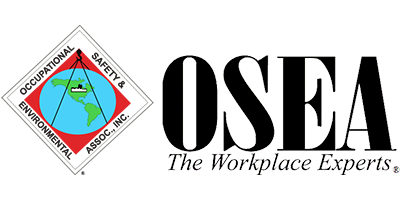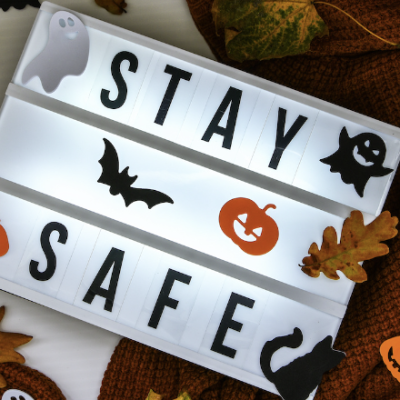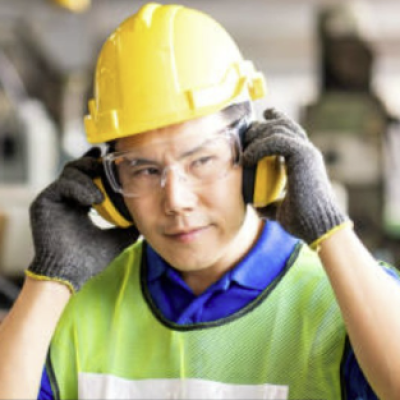Your Personal Safety
Wednesday, March 17, 2021 Tiffany Bartz
We are all familiar with on the job safety. Numerous on the job safety trainings are given every year on multiple topics. It is estimated that the manufacturing sector spends approximately $1,500 a year per employee for worker safety initiatives (trainings, PPE etc.). Yet, how many of us are familiar with personal safety outside of the workplace? More importantly, what do workplace safety and personal at home safety have in common and how can you use that information at home?
Your employer has likely spent thousands and thousands of dollars on your safety at work because they value your wellbeing. Taking that knowledge into the wellbeing of your safety and your family’s safety is an easy next step.
You have likely had an emergency evacuation drill at work, but have you ever practiced a drill at home? It is a great idea to be prepared for an emergency evacuation at home in order to be prepared. Especially if you have children and pets. Get the whole family involved and make sure that you know how to escape quickly and get all members of your household to safety. Have fire extinguishers in key locations and make sure they are up to date for use. An expired fire extinguisher will likely not be of any use in an emergency.
Electrical safety at work is not much different than at home electrical safety. Inspect electrical cords for damage. Don’t daisy chain electrical cords and don’t run appliances or other permanent electrical equipment with extension cords at home for the same reason that we don’t do it at work. Have certified electricians complete work that is beyond your capacity, don’t do it yourself. If you or a family member receives a shock at home, get checked at the hospital to assure there aren’t unforeseen complications.
Working from heights? Use the ladder safety training you received at work. Inspect your ladder and don’t use it if it is damaged. Use three points of contact. Getting up on the roof? Use fall protection or have a professional complete the work.
What about housekeeping? No, we aren’t discussing how often you mop your kitchen floor. It is important to make sure that there aren’t any trip hazards when the electric goes out or if you need to evacuate your home. Keep the aisles and exits clear of hazards at home just as we do at work.
How about that class on forklift safety you took? Take that information and turn it around and it is now lawnmower safety. Approximately 70 people die each year in a riding lawnmower accident. Injuries range from people falling or slipping in front of a mower to rollovers. Give your children a lawnmower safety class at the beginning of each summer to remind them of the dangers and how to avoid them.
Chemical safety at home is really no different than it is at work. Keep hazardous chemicals such as insecticides and pesticides in a locked cabinet away from children and pets. Don’t store chemicals or oils in unlabeled containers. Properly discard all chemicals that are expired or are no longer being used.
Take all the safety information and training that your employer provides you and apply it to your personal life. After all, when you get home you are your own boss and you should appreciate your self and the personal safety of you and your family more than anyone else.
https://www.iwh.on.ca/summaries/issue-briefing/what-do-employers-spend-to-protect-health-and-safety-of-workers




